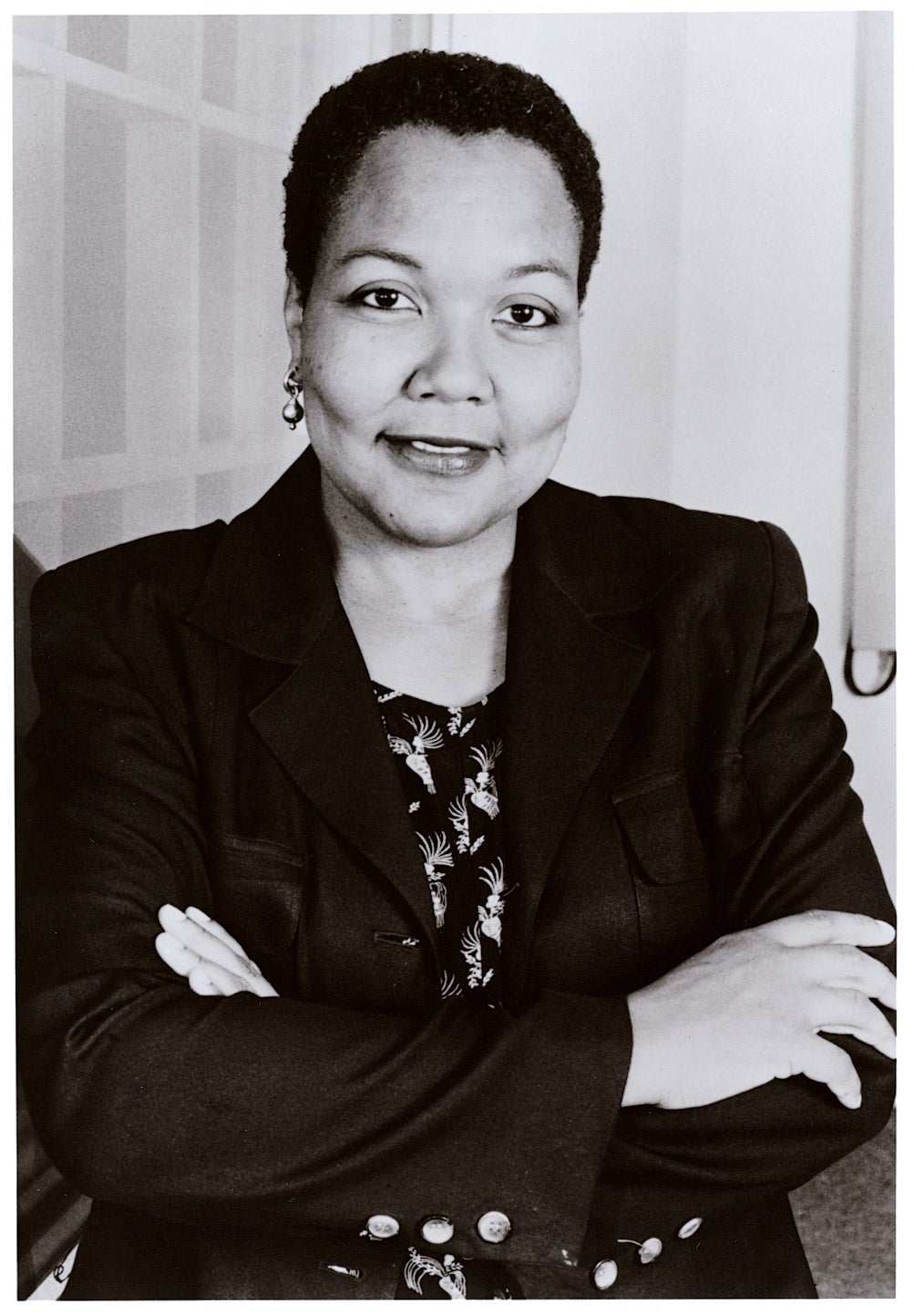If history is the recording of lives and events, then choosing whose lives to record determines our history. In an ambitious oral history project of contemporary African-Americans, Julieanna L. Richardson ’80 is redefining 20th century American history with what she describes as “America’s missing stories.”
“It’s almost as if Rosa Parks and Martin Luther King have reached mythological status in our country,” said Richardson. “What we are trying to show through these first-person stories is that African-Americans have played lots of roles in lots of different areas throughout time. U.S. history really needs to be completed. These are attempts to revise our history and to make it more accurate.”
Richardson is founder and executive director of the Chicago-based nonprofit organization The HistoryMakers. The group aims to capture on video the oral histories of at least 5,000 African-Americans. It is the largest project of its kind since the 1930s, when the Works Progress Administration recorded the stories of former slaves. Currently at just over 10 percent of its goal, it is already the largest African-American oral history video archive in the country.
“Oral history makes history real and tangible,” said Richardson. “Take a child like myself. I grew up in a town where there were 1,000 blacks and 50,000 whites. All I learned in school about African-American history was George Washington Carver and slavery. Spin me forward to my years at Brandeis, where I did my first oral histories of Butterfly McQueen [the actress who played Prissy in ‘Gone With the Wind’] and the Harlem Renaissance. A whole new world opened up for me.”
After earning her HLS degree, Richardson worked in the cable industry in Chicago, but her fascination with oral history never left her. In 1999, she left her position managing several cable channels to found The HistoryMakers. “Initially, even my friends thought the project was a flight of fancy,” said Richardson. But she was undeterred: “I was at a crossroads in my life, and I wanted to make a difference. I wanted to create a legacy.”
Building that legacy requires identifying worthy subjects with the help of African-American organizations and historians and then tracking down the people to interview. While some history makers are well-known, such as entertainer Harry Belafonte or former Washington, D.C., Mayor Marion Barry, many others are unexpected, such as 93-year-old Alonzo Pettie, known as “Ole Alonzo,” America’s oldest living African-American cowboy.
Sometimes one history maker opens the door to another. Richardson describes meeting with Lt. Col. William Thompson, a member of the Tuskegee Airmen, the first all-African-American flying unit that served during World War II. When the meeting began, Thompson asked Richardson, “Do you know about the Golden Thirteen?” When Richardson replied that she didn’t, he told her, “They’re the Navy’s version of the Tuskegee Airmen, and there are only four left. One of them lives upstairs, and he wants to talk to you.”
Richardson believes that oral history provides an invaluable educational tool and wants to have as wide an audience as possible for the archives, with historically black colleges and museums as the base. Perhaps most important of all to her is that every day The HistoryMakers is uncovering more American history. “This does not mean that we take away from things that we have learned, but that we supplement and make history richer in this fantastic country that we have,” Richardson said. “They are stories of inspiration, of success and of achievement. They are examples to people from all ethnic groups of what you can do to succeed.”
